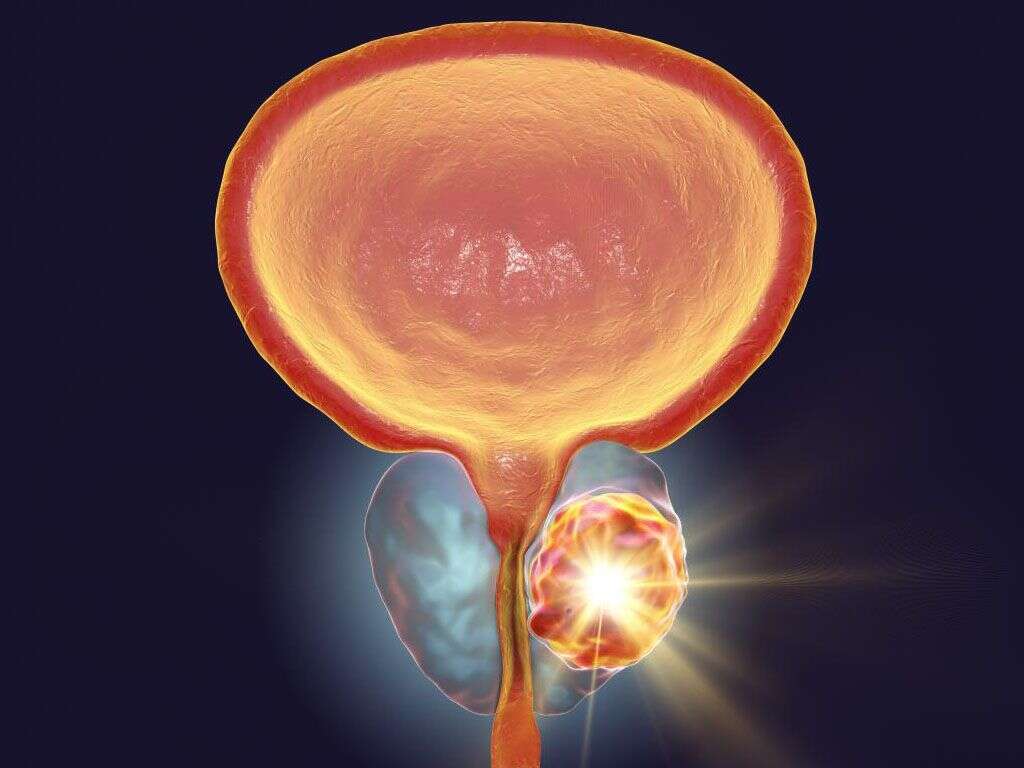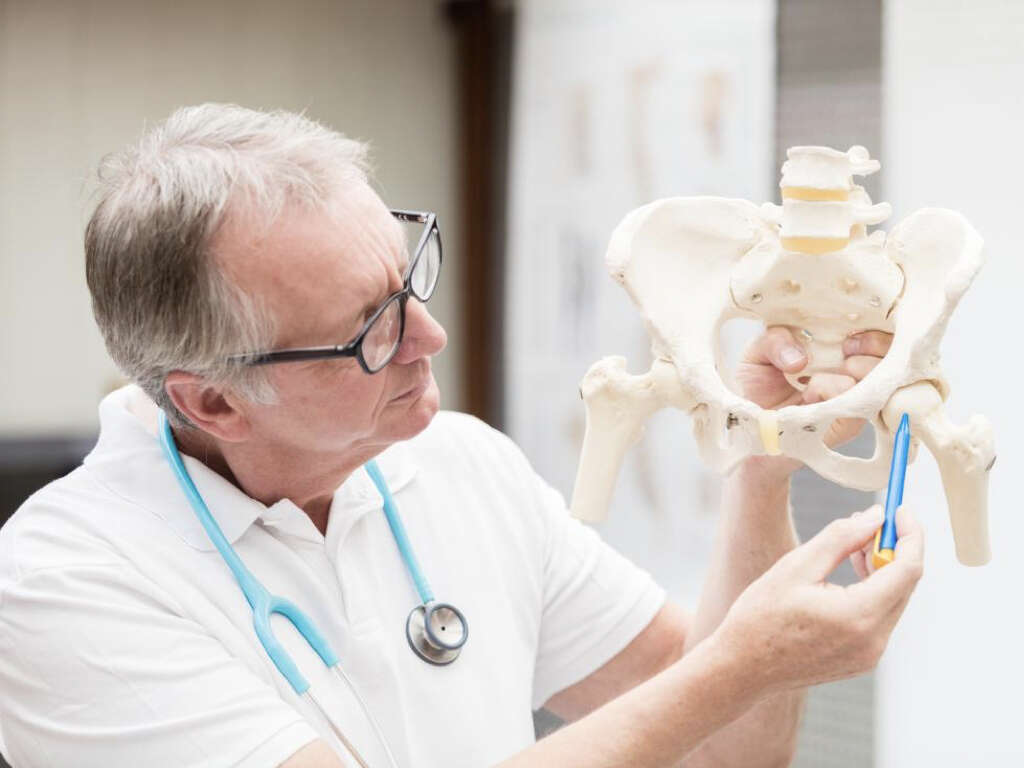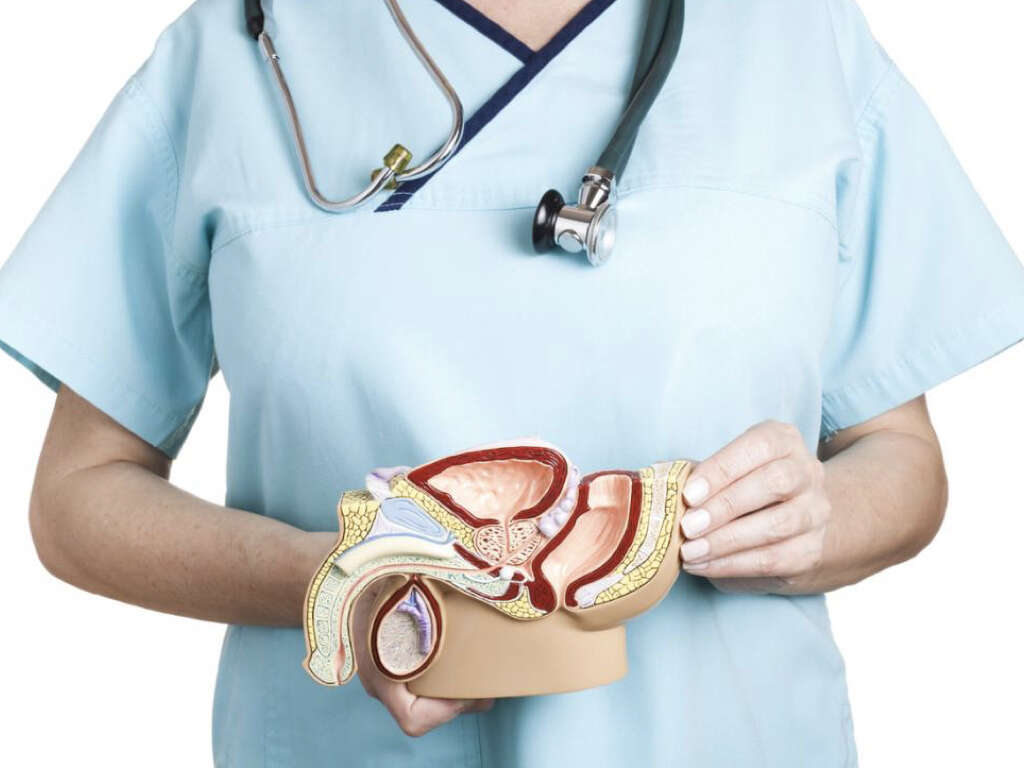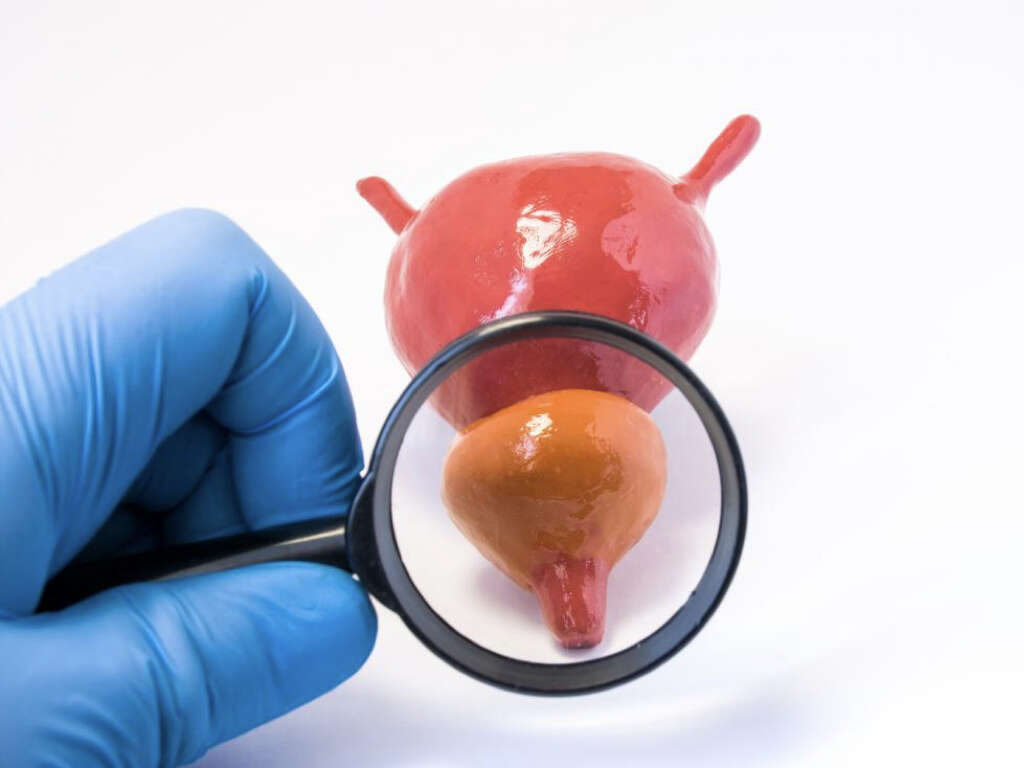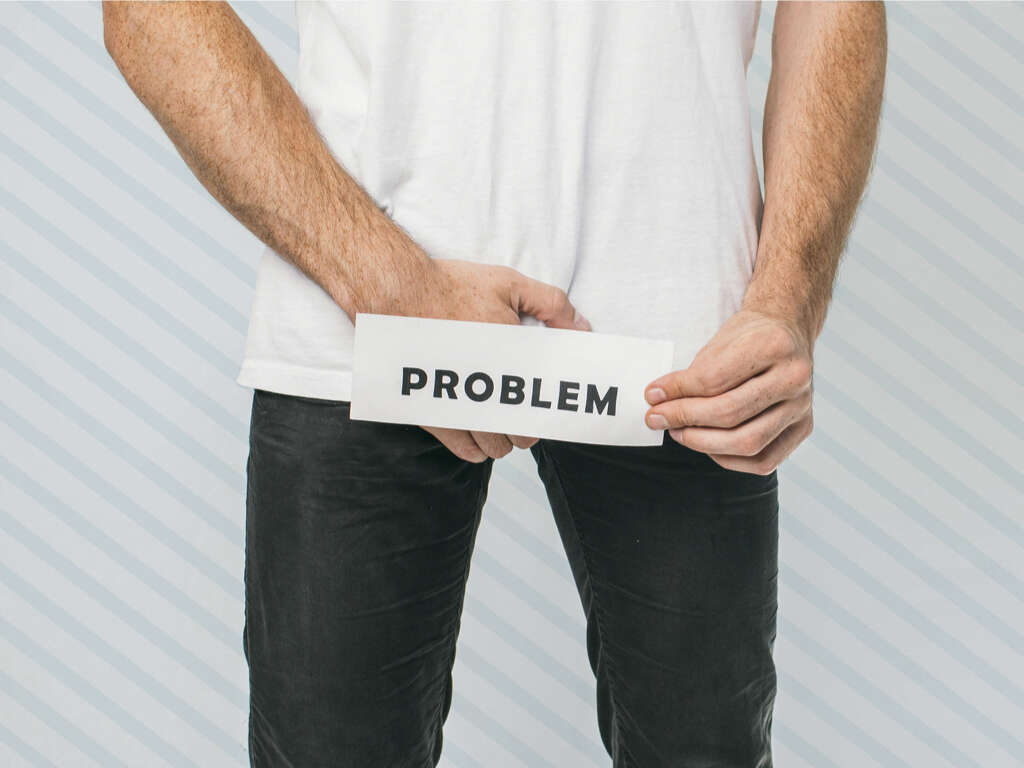10 Prostate Cancer Symptoms
The word “prostate” originated from Ancient Greek meaning “one who stands before”, “guardian”, or “protector”. It is a gland found in the male reproductive system and functions to secrete a milky white slightly alkaline fluid that constitutes approximately 30% of the semen. The alkalinity is important as it helps to neutralize the acidity of the vagina and therefore, increases the lifespan of the sperm for fertilization. Prostate cancer occurs when cancer occurs in the small walnut shaped gland. It is one of the commonest types of cancer in men. Since most prostate cancer has a slow growth, it is usually initially confined to the prostate without causing invasion or spread. However, there are also other types that can be aggressive and spread quickly.
Risk factors include advancing age, positive family history, and race. Other factors that may be involved are having a diet high in red meat, processed meat, milk products and low in vegetables. The diagnosis of prostate cancer is achieved through biopsy and medical imaging is utilized to assess the spread and invasion of the cancer to other parts of the body. Prostate specific antigen is a tumor marker that can increase the detection of prostate cancer, but the improvement of prognosis is controversial. Treatment and management includes watchful waiting, or a combination of surgery, radiotherapy, chemotherapy, or hormone therapy. Medications prescribed depend on the severity and spread of the disease.
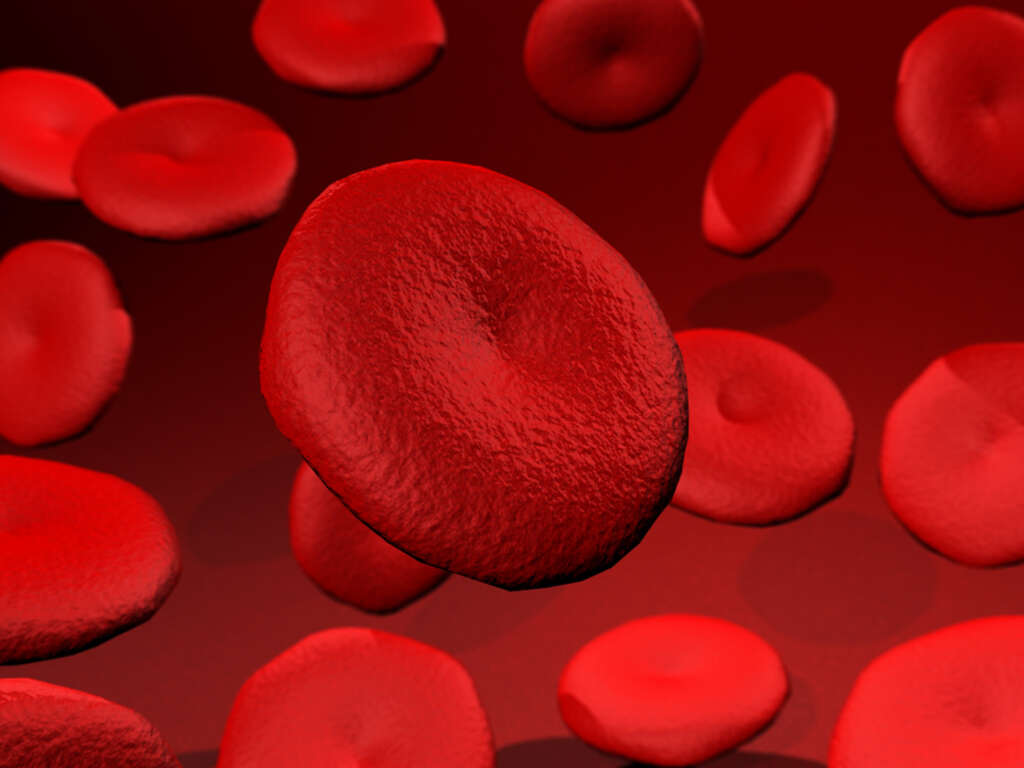
Symptom #1: Difficulty Urinating
Patients with prostate cancer may have difficulty urinating as they often feel the urge to urinate but sometimes there may be little to no urine. It may also stop midstream. Increased frequency (having the need to go to the bathroom more often) is also another sign. There may be difficulty stopping the pee leading to extended dribbling and sometimes the sensation that you still need to pee even after you have just visited the bathroom.
Since the prostate gland anatomically surrounds the urethra, even a small growth can cause issues with urination and ejaculation. However, the enlargement of the prostate gland is common in men as they age, a condition known as benign prostatic hyperplasia which can also cause urinating difficulties. It is important to distinguish between the two conditions.
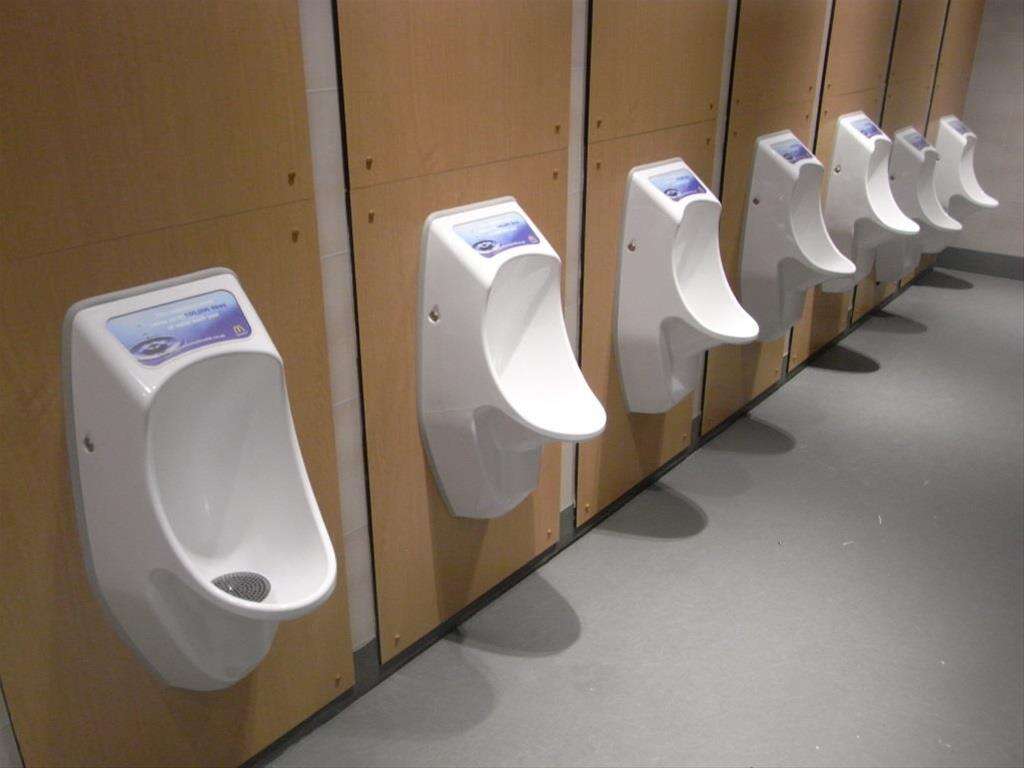
Symptom #2: Decreased Urine Stream
As men grow older, their urine stream starts getting less potent over time. This symptom is often associated with Benign Prostatic Hyperplasia (BPH), but it can also be seen in patients with prostate cancer.
It is important for patients to seek medical attention for proper diagnosis.
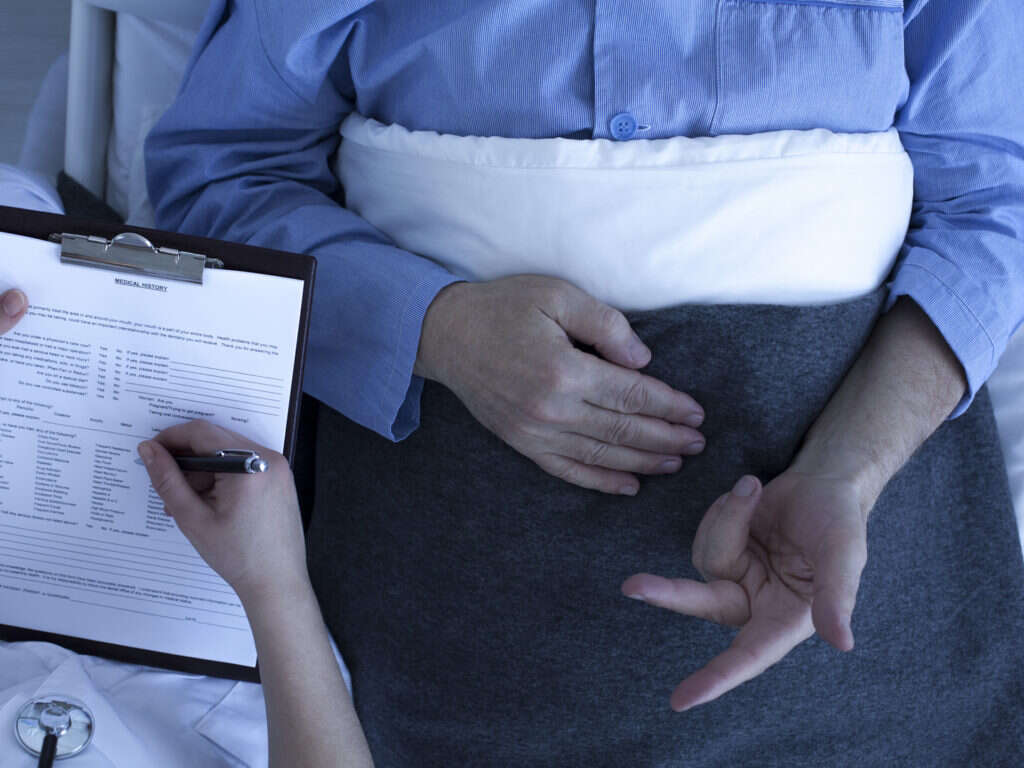
Symptom #3: Hematuria
Hematuria is a term that describes the presence of blood in the urine where it can be gross (seen with the naked eye) or microscopic (only seen under a microscope). In prostate cancer patients, this is a less common sign but if present, should warrant an immediate visit to your doctor.
Keep an eye out as all you notice might only be a slightly pinkish tint in your urine. Besides prostate cancer, there are many causes of hematuria such as infections in the prostate, bladder, kidney stones, benign prostatic hyperplasia, and other tumors in the bladder or kidneys. Some foods can also turn the urine pinkish but blood is not present.
=======

Symptom #4: Blood in the Semen
As previously established, the prostate gland produces a milky white alkaline fluid that makes up about 30% of the semen. Therefore, in prostate cancer, blood may be seen in the semen. Just like hematuria, there is not a large amount of blood. Instead, the semen will look pinkish or have streaks.
Both the affected individual and their partner should speak up about it if they notice pinkish or blood streaks in the semen. Ensure that you seek medical attention.

Symptom #5: Difficulty with an Erection
While many men may find it hard to admit, any difficulty getting or maintaining an erection is a serious issue that should warrant a visit to the doctor as it may be a symptom of prostate cancer. If you notice that your partner is having issues with an erection, empathize and tread delicately around the subject to coax your partner to see a doctor as he will be reluctant.
Issues with erection are not only a symptom of prostate cancer but can be also caused by atherosclerosis (buildup of plaque along the arteries) which leads to diminished blood flow to the penis. However, prostate cancer interferes with both erections and ejaculations.

Symptom #6: Constipation
The prostate gland can be found under the bladder and in front of the rectum. A growth in this location can therefore affect digestive functions. Treatment of prostate cancer involves radiotherapy which can also cause issues to the areas surrounding the prostate. Medications given for prostate cancer can also contribute to constipation.
Other factors include becoming less physically active, diet changes, inadequate fluids, and more. If the prostate cancer has invaded the rectum, it may also cause changes to the bowel habit such as constipation, bleeding, pain, and inability to empty your bowels.

Symptom #7: Pain
In prostate cancer, pain is a common issue while in some, there can be no pain at all. The commonest cause of pain in prostate cancer is when it has spread to the bones leading to damage and weakening of the bones. This can be assessed using a bone scan which shows the areas of bones that are affected. These areas are known as "hot spots" on these scans. Bone pain is very characteristic, and may patients often describe it as a feeling similar to a toothache that is felt in the bones, a stabbing and dull aching pain.
It is aggravated by movement and is tender to the touch. The pain can be constant or intermittent. Its severity also varies depending on which bones are affected. If it affects a nerve, the pain may feel like burning, shooting, tingling, stabbing, or numb. Pain can be effectively managed with medication prescribed by your doctor.

Symptom #8: Urinary Retention
This occurs when the affected individual is in pain and cannot urinate. This is an emergency and while rare, it is important to head to the nearest emergency department if it occurs. Urine may need to be drained from the bladder using the insertion of a catheter, a thin and flexible tube that goes through the urethra in the penis into the bladder. It can also be inserted into the bladder through a small incision in the lower abdominal area.
Urinary retention can be painful as the urine collects in the bladder and is unable to be excreted causing the bladder to stretch leading to pain.
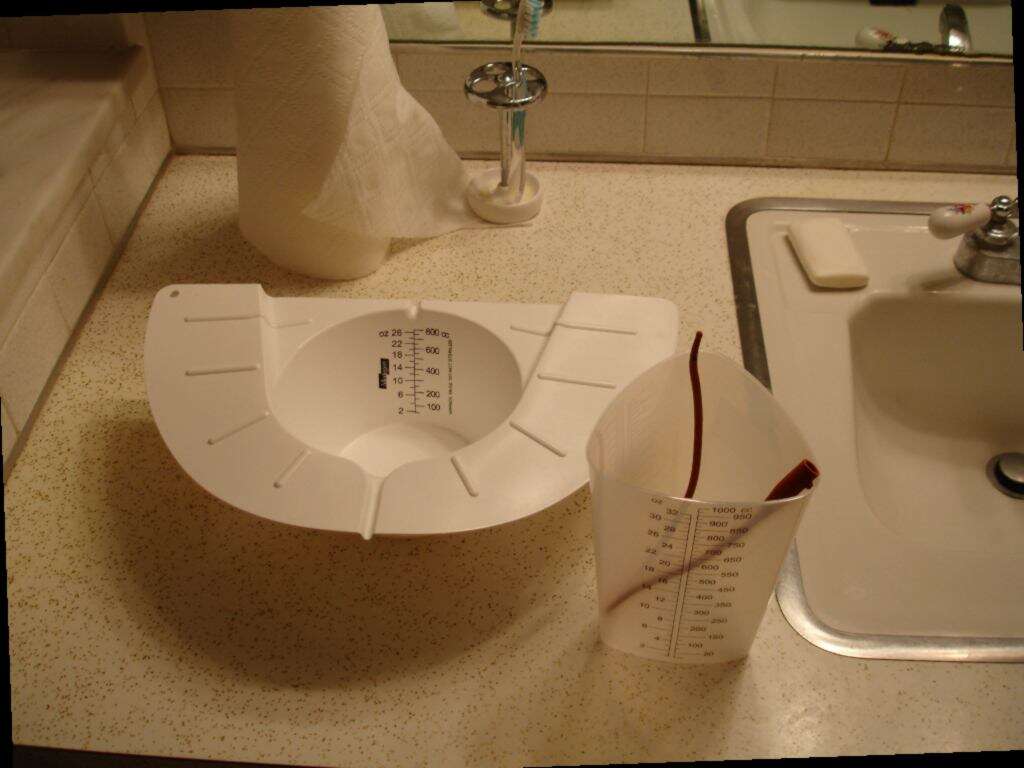
Symptom #9: Urinary Incontinence
If the cancer grows into or invades the bladder or the muscles that function to control urination, it can cause the muscles to be weaker, leading to leakage of urine and inability to hold the urge to pee. You will notice that you may need longer trips to the bathroom as the dribbling can take a while to stop or there may be leakage while you hurry to the bathroom.
Some of the options for managing this issue include using absorbent pads or pants, regularly performing pelvic muscle floor exercises, using a catheter, taking medication (anticholinergics), and more.
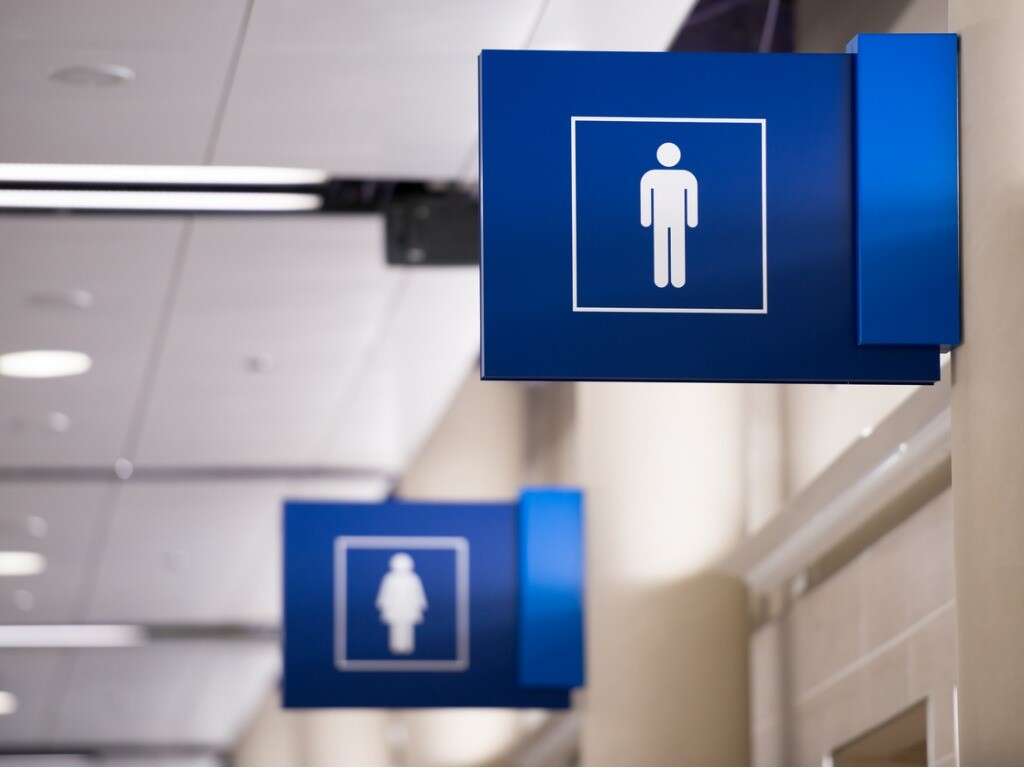
Symptom #10: Weight Loss
When a patient starts to lose weight unintendedly in a short period of time, cancer should always be a concern. This is especially important if it is a considerable amount of weight that is being lost (more than 10 kilograms in less than 6 months).
This symptom is usually associated with advanced stages of the diseases.





